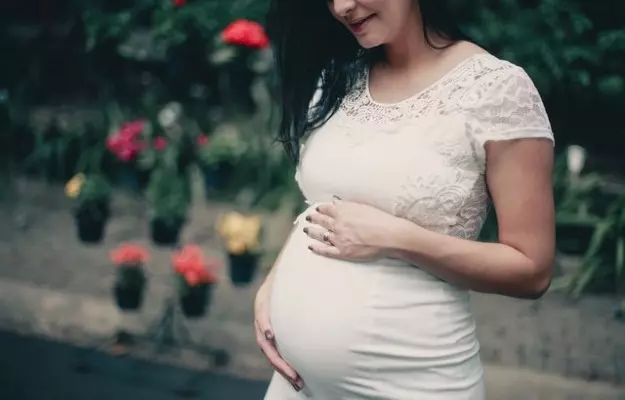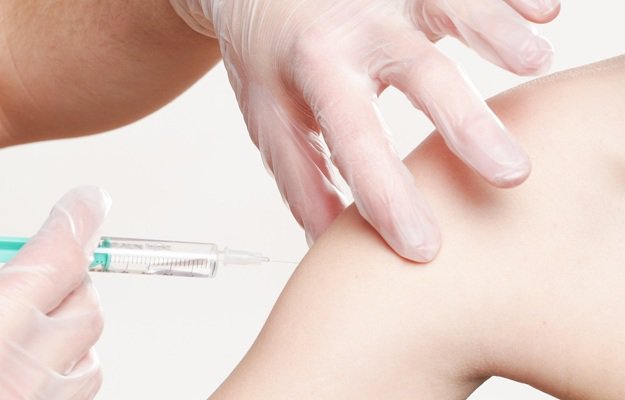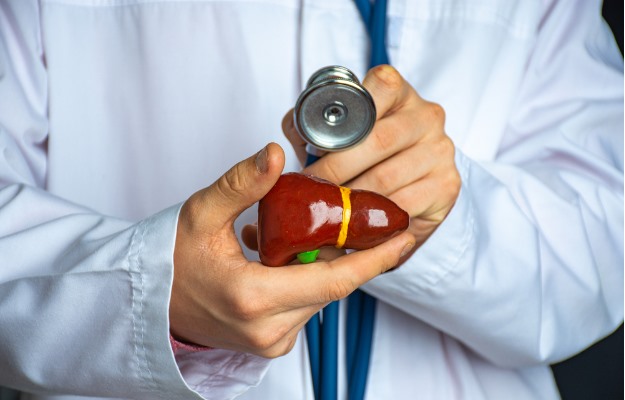The World Health Organization (WHO) today made an important recommendation to save lakhs of children from chronic hepatitis B: putting expecting moms who test positive for hepatitis B virus (HBV) and have a high viral load (amount of the HBV in their blood) on tenofovir from the 28th week of pregnancy. Tenofovir is an antiviral medication that costs around Rs 40 a tablet in India—the price can vary slightly depending on the manufacturer.
Hepatitis B is a viral infection that affects the liver. Chronic hepatitis B (or hepatitis B infection which lasts for more than six months) can cause liver disease, including liver cirrhosis and liver cancer, in the long term. While most adults who get hepatitis B infection recover fully, 90% of toddlers who contract it develop chronic hepatitis B and the ensuing liver problems.
The WHO recommendation comes on World Hepatitis Day, observed each year on 28 July to raise awareness about the disease. (To be sure, hepatitis B is only one of five types of hepatitis.) Globally, 25 crore people are living with chronic hepatitis B—around nine lakh die each year due to this liver infection.
Indeed, according to the WHO, the world has made some strides in addressing the problem of chronic hepatitis B in children. Data show that globally, less than 1% of children under five years of age have chronic hepatitis B as of 2019, compared with 5% in the 1980s. The credit for this goes to successful immunization programmes around the world—programmes that the WHO feared might be interrupted due to the COVID-19 pandemic.
COVID-19 is a viral infection that has made nearly 16.5 million people sick between 31 December 2019 and 28 July 2020. The WHO had declared COVID-19 a pandemic on 11 March 2020. Since then, many countries have imposed measures like lockdowns to enforce physical distancing. Health services—including immunization drives—have been disrupted in many countries as a result.
WHO director-general Dr Tedros Adhanom Ghebreyesus said in a news release: “Preventing mother-to-child transmission of hepatitis B is the most important strategy for controlling the disease and saving lives. Even in the midst of the COVID-19 pandemic, we must ensure that mothers and newborns have access to life-saving services including hepatitis B vaccinations.”
According to WHO data, 85% of children around the world receive at least three doses of the hepatitis B vaccine—up 55 percentage points from the turn of the century, when only 30% of the children got the three minimum doses that bestow about 95% immunity to the infection. (Read more: Recommended schedule of vaccination for children in India)
Hepatitis B spreads from one person to another through the exchange of bodily fluids during sex, by sharing needles and from the expecting mom to her baby (in utero). Prevention is possible by following safe sex practices, not sharing needles and getting vaccinated. The first HBV vaccine shot has to be given within 24 hours of birth and two booster shots at an interval of one month and then six months.
WHO has previously recommended that all pregnant women should be tested for hepatitis B as well as HIV and syphilis (a bacterial infection). The WHO also said today that in places where it is not possible to check the HBV viral load, doctors may rely on the HBeAg test—used to check whether a hepatitis B patient can transmit the virus to another person—to recommend tenofovir to pregnant women after the 28th week.
Separately, a small phase 1 trial done with nine women in the 23rd to 24th week of pregnancy at the Magee-Womens Hospital in Pittsburgh, US, found that pregnant women may be given antiviral drugs ledipasvir and sofosbuvir (ledipasvir 90 mg and sofosbuvir 400 mg daily for 12 weeks) to treat for hepatitis C. Though this is a very early stage finding, it is encouraging. The researchers felt it could be a chance for women who don’t typically prioritize their health, to rid themselves of hepatitis C. The study findings were published online in The Lancet Microbe, a peer-reviewed journal, on 27 July 2020.
Find Obstetrician and Gynaecologist in cities
- Obstetrician and Gynaecologist in Bangalore
- Obstetrician and Gynaecologist in Mumbai
- Obstetrician and Gynaecologist in Ghaziabad
- Obstetrician and Gynaecologist in Chennai
- Obstetrician and Gynaecologist in Pune
- Obstetrician and Gynaecologist in Delhi
- Obstetrician and Gynaecologist in Hyderabad
- Obstetrician and Gynaecologist in New Delhi
- Obstetrician and Gynaecologist in Gwalior
- Obstetrician and Gynaecologist in Gurgaon
Doctors for World Hepatitis Day: How to stop the transmission of hepatitis B from expecting mom to baby

Dr. Ayushi Gandhi
Obstetrics & Gynaecology
4 Years of Experience

Dr. Anjali
Obstetrics & Gynaecology
23 Years of Experience

Dr.Anuja Ojha
Obstetrics & Gynaecology
20 Years of Experience

Dr. Geeta Kulkarni
Obstetrics & Gynaecology
7 Years of Experience
References
- World Health Organization, Geneva [Internet]. World Hepatitis Day: fast-tracking the elimination of hepatitis B among mothers and children, 27 July 2020.
- Chappell C.A., Scarsi K.K., Kirby B.J., Suri V., Gaggar A., Prof Bogen D.L., et al. Ledipasvir plus sofosbuvir in pregnant women with hepatitis C virus infection: a phase 1 pharmacokinetic study. The Lancet Microbe, published online 27 July 2020.













